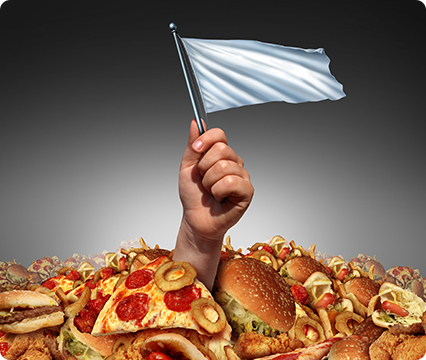Factors affecting ultra‐processed food consumption: Hedonic hunger, food addiction, and mood
Ultra-processed foods (UPFs) are a major part of today’s diets but present serious public health concerns. This study by Mengi Çelik, Güler & Ekici (2025) aimed to explore how UPF intake relates to hedonic hunger, food addiction, and mood, and how these factors influence eating patterns. The research involved 3,997 adults (2,517 women and 1,480 men) aged 18 to 65 in Ankara, Turkey, using snowball sampling. Participants completed a web-based survey that gathered demographic data, self-reported body measurements, and responses to several validated tools: the Screening Questionnaire of Highly Processed Food Consumption, the Power of Food Scale, the Yale Food Addiction Scale, and the Depression Anxiety Stress Scale-21. The average age was 31.7 years. A positive correlation was found between UPF intake and both food addiction and mood disturbance scores. Further analysis showed that gender, age, food addiction, and emotional distress levels significantly influenced UPF consumption scores. The authors noted that differences in UPF intake levels were also attributed to psychological and demographic factors. The study concluded that emotional and addictive behaviors significantly impact UPF consumption, highlighting the need for psychosocially informed policies and interventions to encourage healthier and more mindful eating behaviors. [NPID: Ultra-processed foods, hedonic hunger, food addiction, psychosocial factors, emotional eating]
Year: 2025

 Navigation
Navigation











